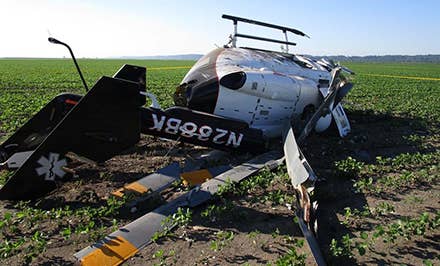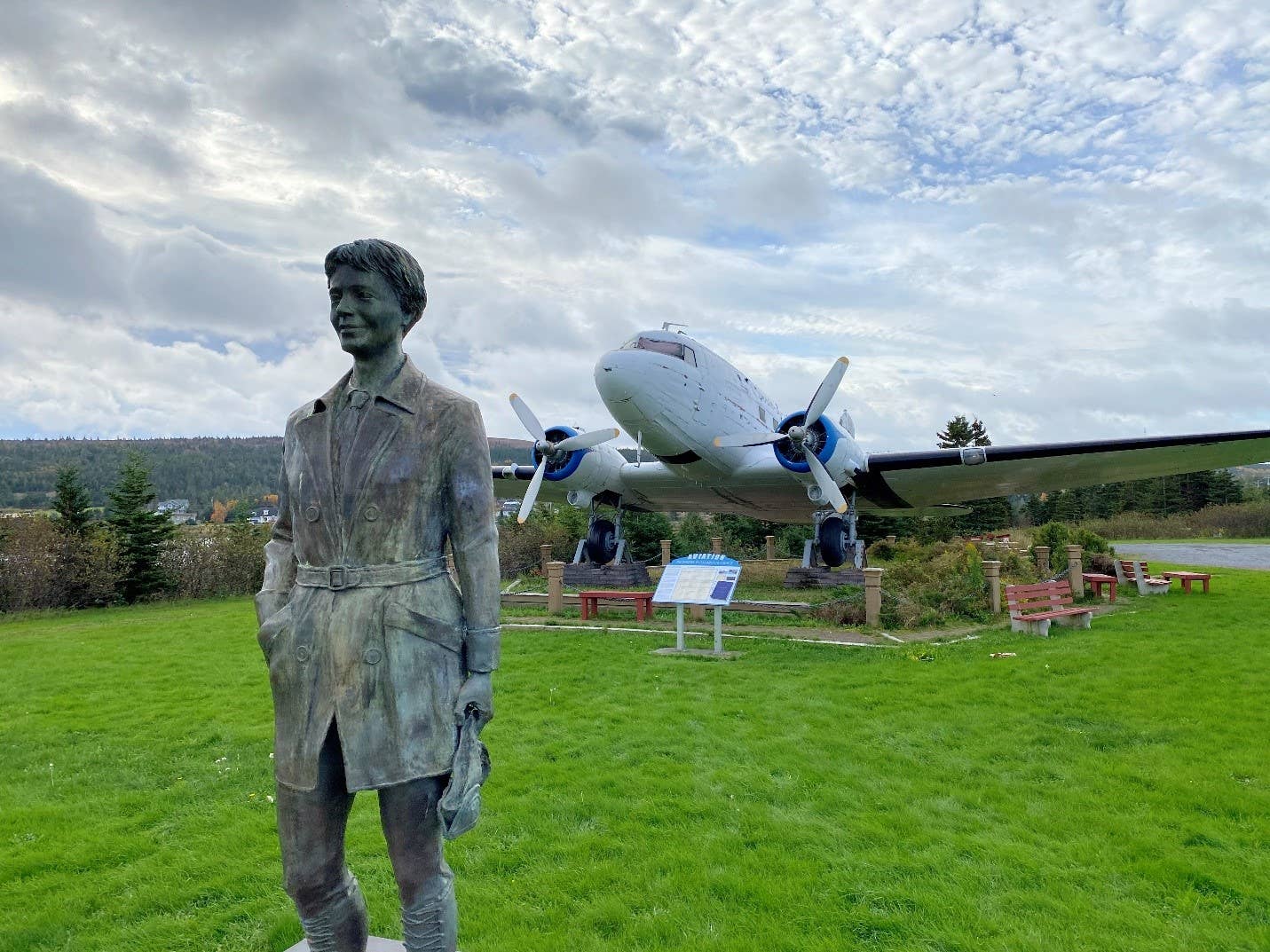NTSB To Helo Makers: Data And Image Logging Needed
Expressing frustration with the FAA’s reluctance to require data logging on all turbine helicopters, the National Transportation Safety Board has issued a new safety recommendation calling on manufacturers to step…

Image: FAA
Expressing frustration with the FAA’s reluctance to require data logging on all turbine helicopters, the National Transportation Safety Board has issued a new safety recommendation calling on manufacturers to step in and install the technologies voluntarily. The NTSB has asked for mandatory data recording in turbine helicopters before, with recommendations published in 2013 and 2015. “Those recommendations were issued after NTSB investigators found the lack of recorded data hindered their understanding of several crashes that could have serious flight safety implications,” said the NTSB.
“The more information we have, the better we can understand not only the circumstances of a crash, but what can be done to prevent future accidents,” said Dana Schulze, director of the NTSB Office of Aviation Safety. “We are asking that currently available recording technology be put to use in a way that will improve aviation safety.” The NTSB notes that certain large helicopters are required to have “crash-resistant systems to record flight data and cockpit audio. None are currently required to have image recording capability.” The NTSB believes that a combination of data and video will help improve accident investigation.
In making its case to the manufacturers, the NTSB says that seven accidents between 2011 and 2017 of ships that didn’t have data recording “impeded their ability to identify and address potential safety issues.” Bolstering the argument, the NTSB says that five accidents of helicopters with data recording that provided information “critical to understanding the circumstances of the crashes” resulted in “urgent recommendations and led the FAA to issue an emergency airworthiness directive affecting an entire fleet of helicopters,” according to the NTSB.
“The data these recorders can provide to investigators are data that can prevent accidents by allowing us to address safety issues that might otherwise go unidentified,” said Schulze, noting that some 86 percent of the accidents investigated between 2005 and 2017 involved turbine helos that lacked data recording.






